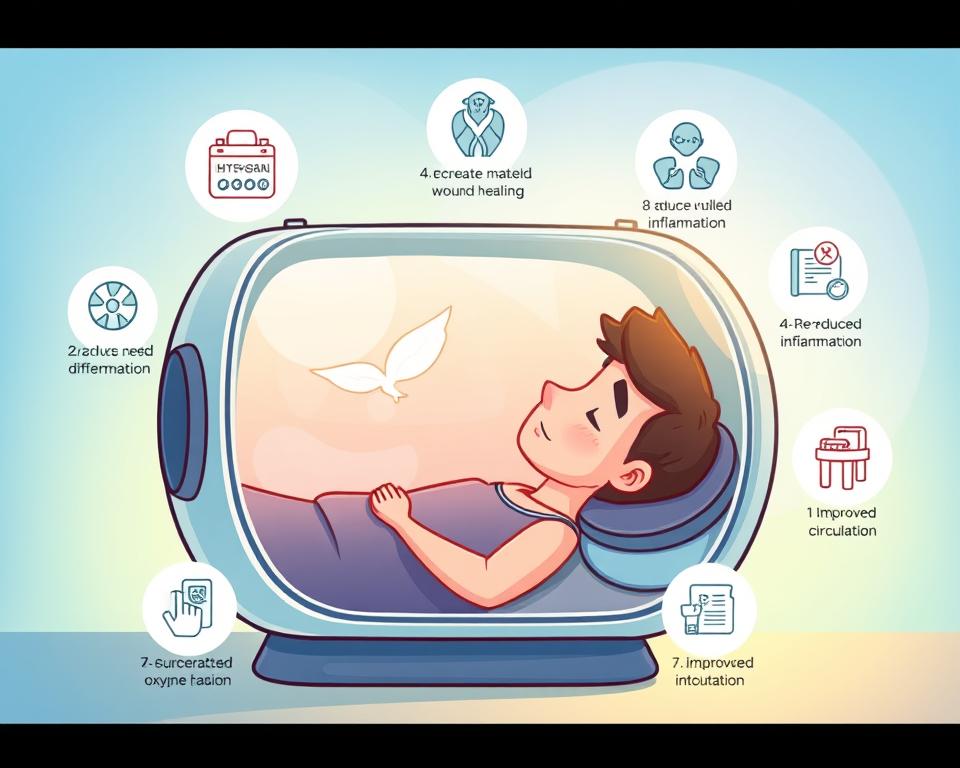Professional Psychological Mental Health Counseling Support
During challenging periods, beginning recovery often starts with reaching out for help. Expert clinical mental health counseling often provides comfort. It provides a protected setting for growth and new insights. If dealing with anxiety, depression, or past trauma, personalized mental health guidance is critical. It acknowledges each person’s unique experiences and needs.
Professional counseling offers customized methods that honor personal differences. Here, we examine the role of clinical marriage and family therapy near me. It highlights how professional guidance can lead to resilience and well-being.
- Clinical mental health counseling delivers tailored support for various emotive and psychological challenges.
- Expert counseling is essential for identifying individual needs and developing effective strategies.
- Mental health guidance plays a major role in personal growth and recovery.
- Each person’s journey is distinct, requiring customized treatment approaches.
- Seeking help is a courageous first step toward achieving mental well-being.
Learning About Clinical Mental Health Counseling
Clinical mental health counseling is about diagnosing and treating emotional and behavioral issues. It’s vital for promoting well-being and managing mental health conditions. They establish a trusting space to discuss difficulties and learn ways to cope.
Experts use multiple understanding counseling strategies. They might employ:
- Problem-solving strategies to help clients tackle specific issues.
- Therapy techniques tailored to individual needs, such as cognitive-behavioral therapy or person-centered therapy.
- Support and encouragement to foster resilience and empower clients in their healing journey.
By focusing on mental health support, clinical mental health counselors play a key role in improving individuals’ health. It’s important to acknowledge their role in helping people overcome personal challenges and enhance their quality of life.
The Main Types of Mental Health Professionals
Familiarity with the range of mental health specialists helps when seeking treatment. They differ in training, expertise, and treatment methods. Such awareness is valuable for individuals managing mental health concerns.
- Psychiatrists: These medical doctors specialize in mental health and can prescribe medication. They manage complex conditions requiring pharmacological treatment.
- Psychologists: Psychologists specialize in therapeutic practices and have doctorate-level education. They use various techniques but do not prescribe medications.
- Licensed Counselors: Licensed counselors hold a master’s in counseling or similar disciplines. Their work focuses on helping with personal and emotional problems.
- Clinical Social Workers: Trained in therapy and resource connection, clinical social workers have master’s degrees in social work. They aim for well-rounded support and treatment.
- Psychiatric Nurses: Advanced practice psychiatric nurses assess, diagnose, and treat mental health disorders. They work closely with patients and can prescribe medication in many states.
Every type of professional is suited to certain challenges. While finding local counseling services, consider the variation in roles. This choice improves your chances of effective treatment. Knowing the differences may result in more targeted treatment and improved well-being.

Choosing the Right Mental Health Professional
Selecting the correct mental health provider is essential for successful therapy. Start by understanding the nature of your mental health concerns. Different issues need different specialties. So, it’s vital to identify what you need when selecting a mental health professional. For mental health counseling programs near me, ensure the provider’s qualifications and background are suitable.
Verify the credentials of the professional you’re considering. Make sure they have the right licenses and experience in treating your condition. Medication needs mean you should consult someone licensed to prescribe. Finding help should include checking insurance acceptance since coverage differs widely.
After you’ve reduced your options, get ready with a question list. Inquire about their treatment approach, experience with similar conditions, and the therapeutic techniques they use. This information will help you feel more confident in your decision.
Your initial appointment is an important stage in dealing with psychological challenges. It starts with an initial assessment, vital for grasping your unique situation. You’ll discuss your symptoms, mental health history, and what you hope to achieve from therapy. This dialogue helps build your treatment path.
Creating a good connection with your therapist is important. Clear dialogue underpins successful therapy. A mental health professional will lead these discussions, ensuring you feel at ease. You’ll work together to set specific goals for your counseling journey.
Anticipating your first visit can be daunting. Knowing what to expect can ease your anxiety. Know that it’s customized to your case. It’s a chance to express your feelings and create a treatment plan that suits your needs. Welcome this step toward healing and personal progress.
Popular Therapeutic Methods in Mental Health
In clinical mental health counseling, a variety of therapeutic modalities address numerous psychological issues. Familiarity with these therapies supports better treatment choices. Among the most known methods is CBT, which uses a structured system to shift negative thinking.
It looks into the unconscious and personal history to reveal emotional patterns. Humanistic therapy, ideal for a person-focused style, works on self-growth and fulfillment. Each method has a place depending on the unique needs of the person.
Working in groups or families can be valuable. These formats create a supportive environment where relational dynamics can be explored. Engaging in therapy with family members or peers can strengthen connections and provide valuable communal insights. When searching for therapy mental health near me, consider the various settings and group formats available to maximize therapeutic benefits.
Key Techniques in Clinical Mental Health Counseling
Certain methods are central to effective mental health counseling. These methods are designed to meet each client’s unique needs and goals. Mindfulness helps clients watch thoughts and emotions without judgment. It’s widely used in mental health treatment for boosting self-awareness and lowering anxiety.
Behavioral activation is also key. The aim is to involve clients in activities that matter to them. It boosts mood and wellness while giving structure.
Another focus is in-depth client assessment. They reveal which methods are most suitable. The collected information allows for the creation of personalized treatment plans, ensuring the methods align with the client’s specific needs.
Many sessions include exercises to apply learning. They let people try new skills and use therapy ideas. The careful use of these techniques can significantly impact a client’s journey towards healing and personal growth.
Medication as Part of Mental Wellness
Medication is a vital part of mental health treatment, helping those with depression, anxiety, and bipolar disorder. Psychiatrists or nurse practitioners may provide psychiatry services near me. They adapt medicine plans to the individual.
Understanding how medications work is key when considering treatment. They can reduce symptoms, enabling individuals to live more fully and participate in therapy. Best effects come from combining both counseling and medicine. This method gives better results and full support.
Medication counseling is about constant communication between healthcare providers and patients. It covers dosages, side effects, and how well the medication works. It invites feedback to adjust treatment quickly. This dialogue highlights the importance of understanding one’s mental health journey and optimizing therapy.
Using medicine in treatment can enhance wellness. Often, the mix of counseling and medicine works best.
Navigating Mental Health Insurance
Knowing your insurance plan is important for proper care. Providers differ in how they cover mental health. Check exactly what is covered. Review the covered therapies and conditions.
Choosing an in-network mental health professional can save you money. It costs less when the provider is in-network. Confirm network status by phone or online.
Don’t forget to ask about coverage for therapy and medication. Some insurance handles them differently. Find out about copays, deductibles, and out-of-pocket limits for mental health. This helps you get full value.
Developing Coping Strategies
Using coping techniques boosts stress control and strength. They support better handling of life’s difficulties. It’s vital to find and use stress management techniques that feel right for you.
Ensure your methods work long-term. Keep practicing to strengthen them. These strategies prepare individuals to tackle future challenges with confidence.
Continuing Mental Health Resources
Ongoing help maintains mental wellness. Support groups and networks offer assistance. Local meetups help people feel connected. People often find group therapy or workshops when looking for mental health resources near me.
Well-known bodies like NAMI and Mental Health America share knowledge and help. They raise awareness and give practical tools. Their websites provide strong ongoing support.
Staying in touch with mental health providers ensures a continuity of care vital for recovery. Ongoing contact helps tweak care plans. Support groups make mental health progress more shared.
Final Thoughts
Throughout this detailed clinical counseling overview, we’ve seen the importance of seeking expert guidance in mental health. It’s essential for emotional and mental health goals. Improving mental health needs teamwork and skilled support.
Proactive steps in finding resources that match individual needs can greatly impact one’s mental health. Learning about professionals, therapy, and coping skills is necessary. All help make the journey better.
Mental health should be top priority in today’s busy life. Remember: seeking help is a strong step to better life. The resources discussed in this article are here to support you, ensuring you’re not alone in facing mental health challenges.


